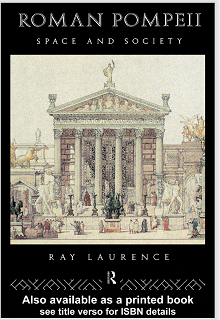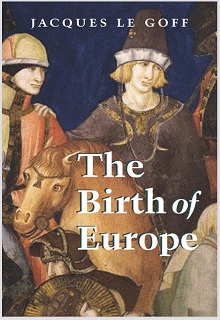The Northern Rebellionof 1569 Faith, Politics, and Protest in Elizabethan England
For reading a book, Please sign in to your account.
loginOn November 17, 1570, the bells of Oxford’s Lincoln College rang. Theday had long commemorated the life of St. Hugh of Lincoln, but inmore recent years had also marked the anniversary of Catholic QueenMary’s death and the accession of her Protestant sister Elizabeth. Asthe past year had witnessed a rebellion meant to restore the old faith,Oxford’s mayor initially reacted with alarm to the tolling of the bells.He first assumed the sound to be a dirge for the late Catholic Queen,performed by the unregenerate traditionalists who dominated LincolnCollege. When challenged, however, the men quickly replied that theyrang the bells not as a lament for what was lost but as a celebrationof the blessings brought by their current Queen. Thinking this a lovelyidea indeed, the mayor then ordered all the town’s bells rung withlike intent.1Recorded only in 1610, the story may well be apocryphal;nonetheless, it nicely illustrates the ways in which an action can take onvastly different meanings, possibly quite different than those initiallyintended. It also hints at the cautious mood that prevailed in the wakeof the dangerous but short-lived Northern Rebellion, the one and onlydomestic armed revolt against Elizabeth’s Protestant establishment.











